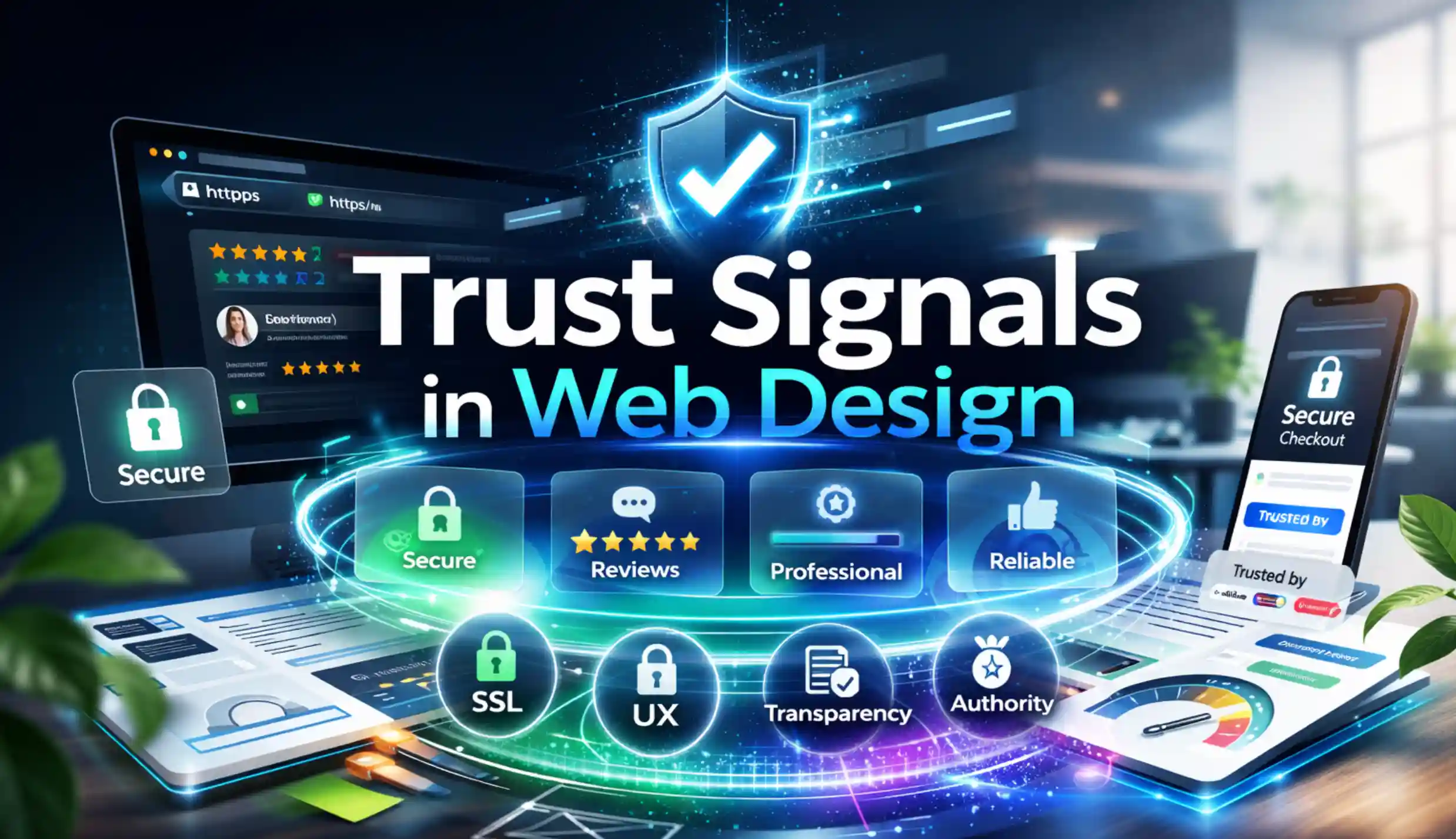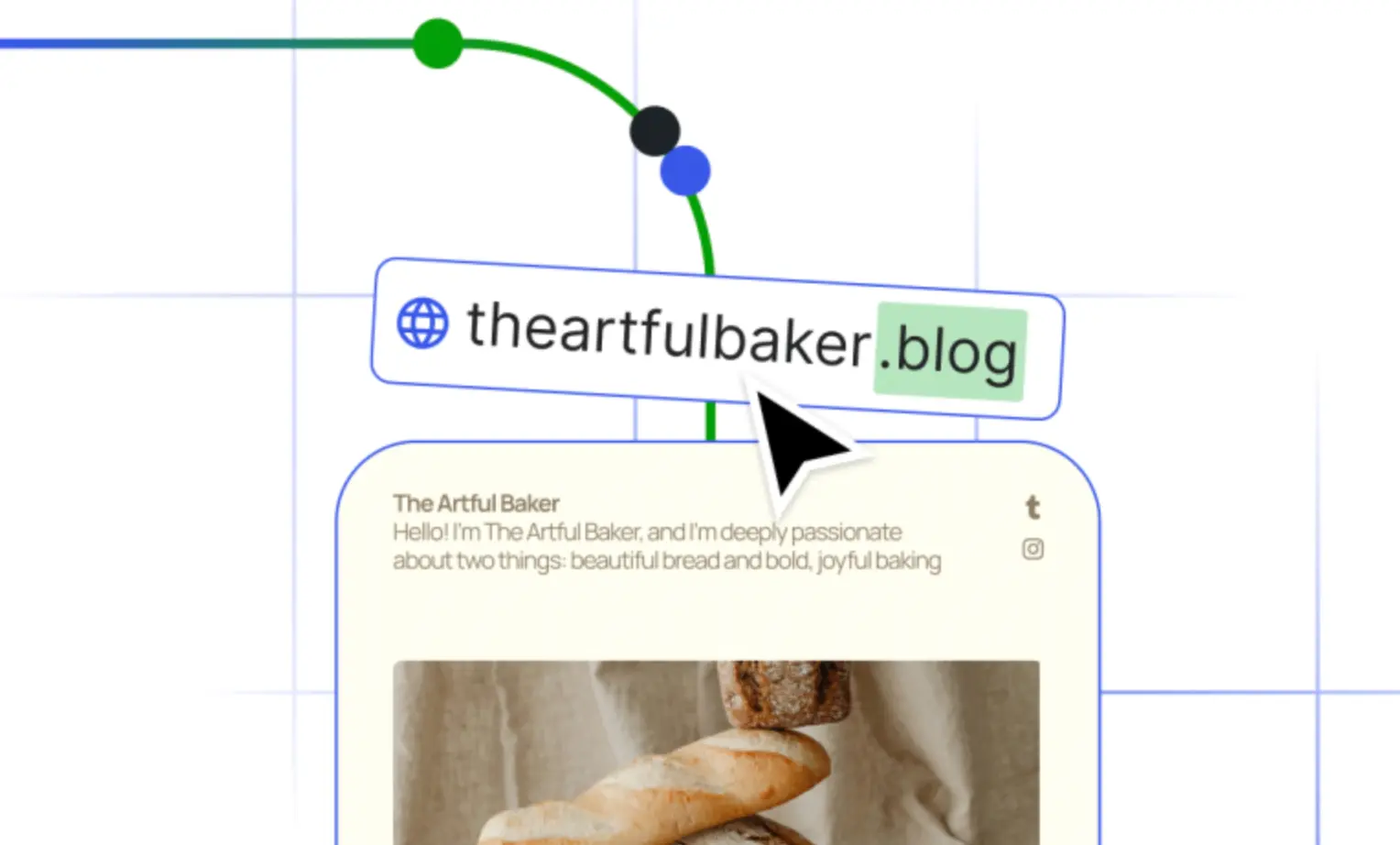5 Best ecommerce SEO Tools for Growth in 2025
Updated on
Published on
Picking the right SEO tool for your ecommerce store isn’t always easy. With so many product pages, dynamic content, and marketing channels to manage, your needs go beyond what most generic SEO tools can handle.
A lot of platforms lack the deep integration or automation you need to keep things running smoothly on Shopify, WordPress, or other ecommerce platforms. Without the right tools, you could spend more time managing SEO than actually growing your business.
We’ve done the hard work for you. This review highlights the best ecommerce SEO tools to help improve your search visibility, make your workflow easier, and boost sales. We’ll break down the top features, pricing, and what makes each tool worth your time.

What to Look for in ecommerce SEO Tools
When choosing an SEO tool for your ecommerce site, prioritize these features:
- Platform Integration: Ensure compatibility with platforms like Shopify, WordPress, and any other CMS for ecommerce.
- Automation: Look for tools that simplify repetitive tasks, such as keyword research or metadata generation.
- Scalability: Go for tools that support your business as it grows, handling more pages and products. For example, you can use proxy servers to create multiple profiles for greater sales without being blocked.
- ecommerce Features: Tools that support schema markup, image optimization, and dynamic URL handling are important for sites that handle a lot of products.
- Reporting and Analytics: Opt for tools that provide detailed insights into traffic, rankings, and performance to help guide your strategy.
The 5 Best ecommerce SEO Tools to Drive Sales
Finding the right tool can transform how you manage SEO. Here's a look at five of the best options:
1. Search Atlas

Search Atlas earns the top spot on our list because it functions as a complete SEO operating system designed with specific features tailored for ecommerce. From content creation to technical fixes, it handles everything in one place.
Plus, its direct integration with major platforms like Shopify, WordPress, and other CMS options—including custom-built websites—allows you to manage your store’s SEO directly and more efficiently.
Search Atlas’s AI assistant, OTTO SEO, connects to tools like Google Business Profile (GBP), Google Search Console (GSC), and your website to apply changes automatically in real-time. It doesn’t just make recommendations—it executes them across your site and your GBP, closing the loop between insight and implementation.
Why It’s Ideal for Ecommerce
For ecommerce sites with hundreds or even thousands of pages, Search Atlas is a game changer. OTTO automates SEO tasks that would otherwise be manual and time-consuming—like optimizing keywords, meta tags, alt text, and schema markup for each product page.
Whether you’re launching new SKUs or optimizing an existing catalog, the entire process can be handled at scale with minimal effort.
Integration with Shopify, WordPress, and More

Search Atlas integrates not just with Shopify and WordPress, but with a wide range of CMS and custom ecommerce platforms. That flexibility means you can automate your SEO regardless of how your store is built.
For WordPress users, features like 1-Click Publishing allow you to push optimized content live instantly—no copy-paste, no risk of dropping metadata.
Popular Features
- OTTO SEO: Get real-time insights, automatically close keyword gaps, and push updates live across your website and GBP.
- Integrated Reporting: Consolidate data from Google Ads, Facebook Ads, GA4, and more to track performance in a unified dashboard.
- 1-Click WordPress Publishing: Push optimized articles and pages directly to WordPress from inside Search Atlas.
- Local SEO Optimization: Tailor your content for geographic relevance with automated location-based suggestions.
- Technical SEO Tools: Fix 404s, manage redirects, and accelerate indexing with built-in site health monitoring.
- Competitor Research: Reverse-engineer winning competitor pages to refine your content strategy.
Pricing Plans

- Starter: $99/month: Includes 1 OTTO SEO Project and unlimited 1-Click Publishing for basic SEO management.
- Growth: $199/month (20% off $249): Adds 2 OTTO SEO Projects, 10 GBP Galactic Projects, and extra capacity for growing teams.
- Pro: $399/month: Offers unlimited GSC Site Projects and a white-labeled dashboard for advanced workflows.
- Enterprise: Custom Pricing: Provides tailored quotas, API access, and dedicated support for large organizations.
Search Atlas offers progressive discount for multi-store ecommerce setups. The more you activate, the less you pay: Starting at $99 per OTTO activation and going as low as $39 per activation.
Limitations
- Search Atlas is packed with features, so it might feel overwhelming for beginners. However, onboarding sessions and tutorials are available to help.
- While its direct integration with Shopify and WordPress is a significant advantage, businesses that rely heavily on specialized third-party tools might find the platform's ecosystem limiting.
2. Semrush

Semrush is a well-known marketing toolkit that offers powerful and comprehensive features. For ecommerce businesses, its main advantage comes from its huge amount of data and the wide range of features it offers.
It covers almost every aspect of online visibility, from SEO and content marketing to competitor analysis and paid advertising, all in one place. Semrush has a Position Tracking tool that allows you to monitor how your products rank for specific keywords in different geographic locations.
Semrush also includes a Site Audit feature that performs thorough checks, helping you find and fix technical SEO issues that may hold your store back.
For businesses that also have a physical presence, Semrush provides a Listing Management tool to maintain accurate and consistent business information across many online directories, which remains important for local SEO.
Popular Features
- Keyword Research: Offers a complete set of tools for in-depth keyword analysis and strategy.
- Competitor Analysis: Provides detailed insights into your competitors’ organic search rankings, ad spend, and backlink profiles.
- Site Audit: Identifies technical errors, warnings, and other issues that can affect your site's search engine performance.
- Content Marketing Toolkit: Includes an SEO Writing Assistant to help you create optimized content much faster.
- Local SEO Tools: Manages your online presence in local directories and tracks local search performance.
Pricing Plans
- Pro: Starts at around $139.95 per month, designed for freelancers and small teams.
- Guru: Starts at around $249.95 per month, offering extended limits and content marketing features for growing agencies.
- Business: Starts at around $499.95 per month, built for large agencies and ecommerce brands.
Limitations
- Costs can add up, especially for larger teams or advanced features.
- The interface feels overwhelming for beginners.
- Requires multiple tools or add-ons for specialized needs.
3. Ahrefs

Ahrefs remains another top-tier SEO platform that earns high regard in the industry for its exceptional backlink analysis and keyword research tools. For ecommerce stores, Ahrefs delivers unmatched power for understanding your competition and building your site's authority.
Ahrefs offers a Keywords Explorer that delivers deep insights into what your potential customers search for, including valuable data from marketplaces like Amazon. This helps you optimize your product pages and refine your entire content strategy.
Ahrefs also features a Site Explorer, widely regarded as one of the best for backlink analysis, revealing where your competitors obtain their links and providing a clear roadmap for your own link-building efforts.
Popular Features
- Site Explorer: Offers a complete overview of any website's backlink profile and organic search performance.
- Keywords Explorer: Provides in-depth keyword data, including keyword difficulty and traffic potential, from multiple search engines.
- Site Audit: Crawls your website to find common technical and on-page SEO issues.
- Rank Tracker: Monitors your keyword rankings across different devices and locations over time.
- Content Explorer: Helps you discover top-performing content in your niche to find new ideas for your content strategy.
Pricing Plans
- Lite: Starts at $129 per month, ideal for small businesses and hobbyists.
- Standard: Starts at $249 per month, offering more data and features for SEO professionals.
- Advanced: Starts at $449 per month, designed for scaling businesses and agencies.
- Enterprise: Starts at $1,499 per month, with custom limits and features for large organizations.
Limitations
- Ahrefs emphasizes analysis and data insights but does not provide tools for implementing on-site changes directly.
- It does not include AI-driven content creation or features for automating technical fixes, which some users may expect in all-in-one SEO platforms.
4. Yoast SEO

For the millions of ecommerce stores built on WordPress with WooCommerce, Yoast SEO serves as the first SEO tool most users install. It integrates directly inside WordPress, which makes it an essential tool for on-page optimization.
Yoast SEO focuses on optimizing individual product pages and blog posts. It uses a simple checklist based on a focus keyword, providing real-time feedback on your product titles, meta descriptions, and content.
Yoast SEO includes a traffic light system (red, yellow, green) that visually represents how well your page stays optimized. This simplifies the process for business owners managing their own sites.
The premium version provides automatic product schema markup that ensures your products stand out in search results.
Popular Features
- SEO Analysis: Gives real-time feedback on keyword usage in your titles, descriptions, and content.
- Readability Analysis: Ensures your product descriptions are easy to read for better user engagement.
- Schema Markup: Automatically adds structured data for products and other pages (premium feature).
- XML Sitemaps: Automatically creates and manages your sitemaps for search engines.
- Internal Linking Suggestions: Provides suggestions for internal links as you write (premium feature).
Pricing Plans
- Free Version: Offers basic on-page SEO analysis.
- Yoast SEO Premium: Costs around $99 per year for a single site and includes advanced features like the redirect manager and internal linking suggestions.
- Plugin Subscription: Costs around $229 per year and bundles all Yoast plugins for a complete on-site SEO solution.
Limitations
- Yoast SEO focuses on on-page guidance but does not include keyword research, competitor analysis, backlink tracking, or site-wide technical audits.
- It acts as a page-level optimization tool rather than a full SEO platform, requiring integration with other tools for a complete strategy.
5. Screaming Frog SEO Spider

Screaming Frog SEO Spider serves as a desktop-based website crawler that remains a favorite among technical SEO professionals. For ecommerce websites, especially large ones with thousands of pages, it acts as a tool for finding and diagnosing technical issues at scale.
Screaming Frog SEO crawls your website’s links, images, and code just like a search engine would. For an ecommerce store, this tool will be useful for tasks like analyzing page titles and meta descriptions, auditing redirects, and pinpointing duplicate content issues.
Integrating it with tools like Google Analytics and Google Search Console allows you to combine performance data with crawl data. This will provide you with a comprehensive picture of your site's technical health.
Screaming Frog also offers detailed meta description insights, like highlighting duplicates, or descriptions that are too long or too short. This will allow you to refine metadata to improve click-through rates and meet SEO best practices.
Popular Features
- Find Broken Links: Identifies 404 errors and other link issues.
- Analyze Page Data: Reviews and exports page titles, meta descriptions, headings, and more in bulk.
- Generate XML Sitemaps: Creates sitemaps for your website.
- Audit Redirects: Finds and analyzes temporary and permanent redirect chains.
- Discover Duplicate Content: Detects pages with duplicate content, a common issue for ecommerce sites.
Pricing Plans
- Free Version: Lets you crawl up to 500 URLs, ideal for smaller sites or quick checks.
- Paid Licence: Costs $279 per year, unlocking unlimited crawling and advanced features like scheduling, integrations, and custom extraction.
Limitations
- Functions purely as a technical auditing tool.
- Lacks keyword research, content optimization suggestions, or link-building features.
- Requires a steep learning curve due to the sheer volume of data it provides.
Final Verdict: Which ecommerce SEO Tool Fits Your Needs?
The best SEO tool for your ecommerce store depends on your goals and the platform you’re using. For Shopify and WordPress users, Search Atlas would be a great pick.
Search Atlas direct integration makes managing SEO for product pages and content much easier, cutting down the time you spend on repetitive tasks.
For stores focused on steady growth and better search visibility, Search Atlas covers all the essentials without overcomplicating things. It’s a reliable tool to help you get more done and see results faster.



webp.webp)
webp.webp)




